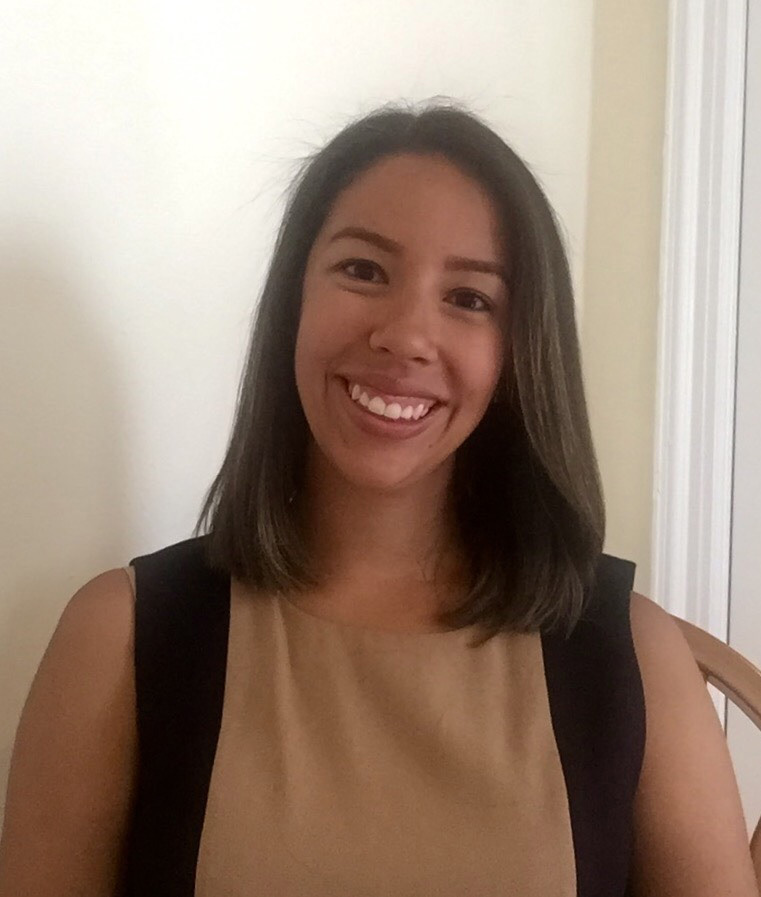At Providence College, the Dominican institution where Ana Leon-Santos earned her undergraduate degree, “divine providence” is an oft-invoked phrase.
Leon-Santos, who came to Teachers College for a job and left with a master’s degree in Neuroscience & Education and a resume citing her work on a study that has made global headlines, has since come to appreciate the meaning of that statement.

Ana Leon-Santos
Leon-Santos was hired during the summer of 2016 to manage the College’s Neurocognition, Early Experience and Development Lab (NEED), directed by Kimberly Noble, Associate Professor of Neuroscience & Education. The work looked interesting, but Leon-Santos, who at that time was contemplating a master’s degree in Counseling, was primarily looking to earn some money while taking a break from being a student.
“A master’s wasn’t what I was envisioning. But when I looked at the program I recognized an opportunity to be in a unique intersection of education and applied neuroscience.”
– Ana Leon-Santos, M.A., Neuroscience and Education
But when she learned that the job had morphed from full-time salaried employment to a part-time graduate assistantship for an enrolled TC neuroscience student, she quickly rethought her priorities.
“I knew I really wanted to be in the lab,” she says. “A master’s wasn’t what I was envisioning, but when I looked at the program, I recognized an opportunity to work at a unique intersection of education and applied neuroscience.”
Her timing couldn’t have been better. Noble and her team were in the process of interviewing new mothers and analyzing data for “Baby Behavior, Language and EEG (BabBLE),” a study exploring the impact of environment on children’s development of memory and language. And then came the rollout this past spring of “Baby’s First Years: A Randomized Controlled Trial of Poverty Reduction,” a groundbreaking effort in which Noble is seeking to establish whether poverty, directly impedes brain development in children during the first three years of life. As part of the three-year, $15 million study, the researchers, who include scientists at the University of California-Irvine, the University of Madison-Wisconsin and NYU, are giving monthly cash gifts to new mothers and then measuring brain development in their children at age three.
Leon-Santos served as the project’s acting director until a permanent director was appointed. “I thought I might be in that type of position at some point further along in my career,” she says. “Being part of the conversation, as a student, with funders, hospitals and advisers was a distinct privilege.”
Now Leon-Santos is launching a new job search as she works a few final weeks of the summer with the NEED Lab. She wants to continue working in early childhood development – but with a twist.
“In seeing this project come to life, I’ve met funders who believe in the study and who have essentially made it possible. I think I’d enjoy moving to that side of the table, to assess whether different initiatives are a good fit for a foundation or nonprofit.”
Meanwhile, divine providence is never far from her thoughts: “I really can’t say this could have aligned any better.”
Read about TC's 2018 Convocation ceremonies.